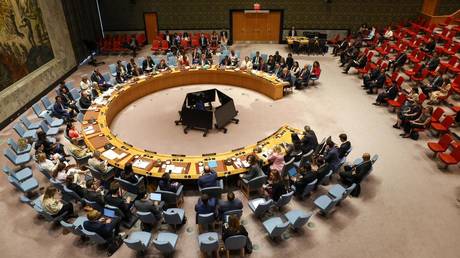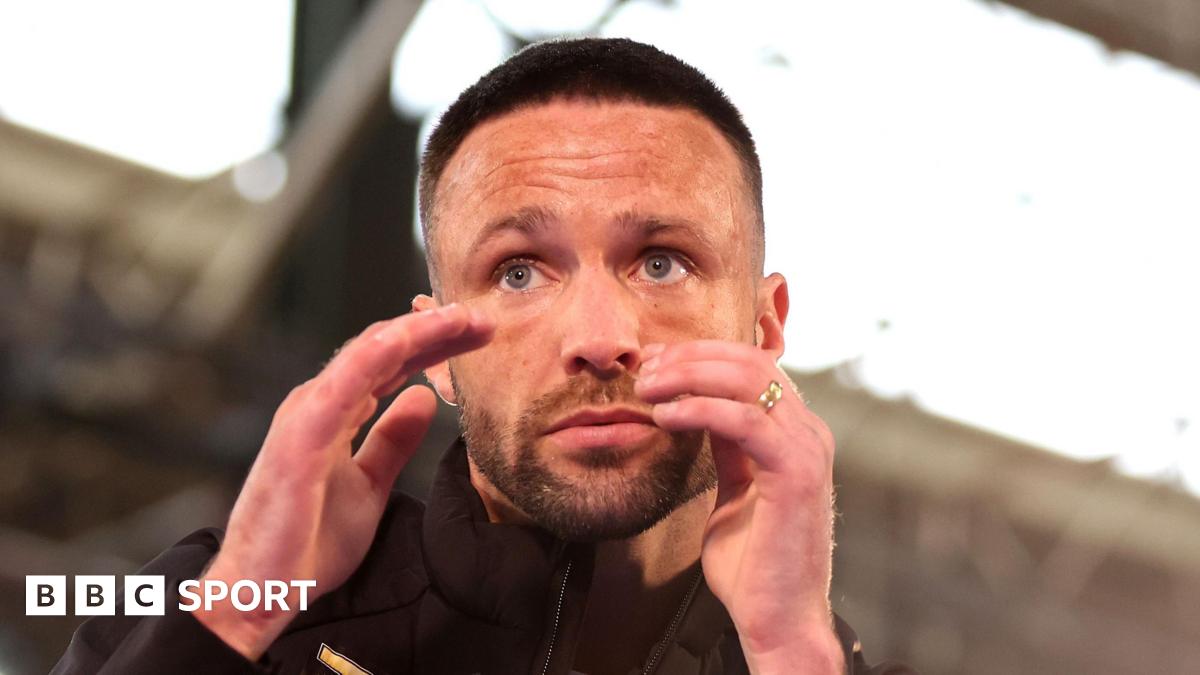What Are Key Components of Effective Executive Leader Development?

Effective executive leader development hinges on several key components. You need to cultivate strategic vision and decision-making skills, alongside emotional intelligence. Change management plays a critical role, as does the ability to communicate persuasively. Furthermore, team-building and conflict resolution are fundamental for nurturing collaboration. Continuous learning guarantees adaptability in a swiftly changing environment. Comprehending how to measure success is indispensable too. This foundation sets the stage for sustainable growth and organizational alignment. What comes next in this process?
Key Takeaways

- Effective decision-making skills, enhanced through training, align with long-term organizational objectives and market trends.
- Change management training prepares leaders to address emotional and logistical aspects of organizational transitions.
- Emotional intelligence development fosters better interpersonal relationships and enhances team collaboration among leaders.
- Conflict resolution training is essential for maintaining team cohesion and improving overall productivity in the workplace.
- Continuous learning and feedback mechanisms are vital for adapting leadership skills to the evolving business environment.
Strategic Vision and Decision-Making

During developing a strategic vision, you need to recognize that effective decision-making is at the core of successful executive leadership. An executive leadership development program focuses on honing these crucial skills.
Through executive training, you’ll learn to analyze market trends and competitive environments, enabling you to anticipate changes and position your organization advantageously. Effective leaders utilize data-driven decision-making processes, evaluating relevant metrics to inform their strategies.
This practice improves your ability to consider multiple perspectives and make informed choices that align with long-term objectives. Furthermore, you’ll train to communicate your strategic vision persuasively, inspiring commitment from employees and stakeholders alike.
In the end, mastering these skills will drive your organization’s success and help achieve clear goals consistently.
Change Management

Change management is a vital skill for any executive leader, as it equips you with the tools and frameworks necessary to navigate and implement organizational changes effectively.
In executive leadership development, you’ll learn to address both the emotional and logistical aspects of change, which is important for managing employee concerns and resistance. Training programs often use real-world case studies, allowing you to apply theoretical knowledge to practical situations, enhancing your decision-making abilities.
You’ll furthermore develop skills in stakeholder engagement, ensuring clear communication and collaboration across departments. In addition, continuous feedback and evaluation mechanisms are fundamental, enabling you to assess the impact of changes and make necessary adjustments in real-time for smoother shifts.
Emotional Intelligence

Emotional intelligence (EI) serves as a cornerstone of effective executive leadership. It encompasses your ability to recognize, understand, and manage both your emotions and those of others.
In executive leadership training, focusing on emotional intelligence helps you build better interpersonal relationships, which can improve team collaboration and employee retention. Research shows that EI can account for up to 58% of performance in various job roles, making it a strong predictor of leadership success.
Communication Skills

To improve your communication skills, focus on clear messaging techniques that guarantee your team understands organizational goals.
Implement active listening strategies to cultivate an environment where feedback is valued, which boosts engagement.
Clear Messaging Techniques
Effective communication is crucial for executive leaders, as it directly impacts how well strategic visions and goals are understood across the organization.
To improve your effective communication skills, focus on clear messaging techniques. Tailor your communication style for different audiences to guarantee your key messages resonate with various stakeholders. Engaging in executive leadership training programs can further develop these skills, emphasizing the importance of clarity and relatability.
Incorporating storytelling into your communication can make complex ideas easier to grasp and remember. Furthermore, promoting an open dialogue encourages team engagement, allowing employees to share ideas and feedback comfortably.
Active Listening Strategies
Active listening is a crucial skill for leaders, as it not just improves communication but likewise cultivates a supportive workplace culture. By engaging in active listening, you can boost employee engagement, which research shows can rise by up to 50%. To develop this skill in your executive leadership program, focus on these techniques:
| Technique | Description |
|---|---|
| Maintain Eye Contact | Shows attentiveness and interest. |
| Nod and Smile | Encourages the speaker to continue. |
| Summarize Key Points | Confirms comprehension and retention of information. |
| Ask Open-Ended Questions | Promotes dialogue and shows genuine interest. |
| Regular Practice | Improves problem-solving and conflict resolution skills. |
Incorporating these strategies into your executive training and development will build trust and rapport within your team.
Team-Building Abilities

Even though many leaders possess innate qualities, developing team-building abilities is crucial for enhancing overall organizational success. Effective executive leadership courses emphasize these skills by nurturing collaboration and trust among team members.
As you refine your communication skills, you’ll learn to clearly articulate goals, aligning your team in the direction of a common vision. Engaging in experiential learning techniques, such as team simulations and group activities, prepares you to manage diverse teams effectively.
Research shows that leaders skilled in team-building greatly boost organizational performance, as cohesive teams achieve higher productivity and innovation. Incorporating ongoing mentoring and coaching into your executive management training will provide you with the support needed to adapt your strategies, ensuring you can navigate changing team dynamics successfully.
Conflict Resolution Training

Conflict resolution is essential for effective leadership, as it helps you address disputes and maintain team cohesion.
By learning techniques for effective mediation, you can promote a collaborative work environment where all voices are heard.
As you develop these skills, you’ll not just improve team dynamics but additionally boost overall organizational performance.
Importance of Conflict Resolution
Effective conflict resolution is vital for any executive leader aiming to promote a positive workplace atmosphere. Engaging in conflict resolution training helps you build critical skills necessary for managing disputes effectively.
Through executive leadership training seminars, you’ll learn to assess conflicts objectively and develop solutions that align with your organization’s goals. An executive development program focused on conflict resolution emphasizes negotiation tactics and critical thinking, which boosts your confidence in handling difficult conversations.
This training often includes real-world scenarios and role-playing, allowing you to practice in a safe environment. By investing in conflict resolution training, your organization can reduce workplace conflicts, leading to improved employee morale and retention rates, eventually enhancing overall performance.
Techniques for Effective Mediation
Mediation plays a pivotal role in resolving conflicts effectively, and perfecting the techniques involved can greatly improve your leadership capabilities.
In executive leadership training, you’ll learn the importance of active listening, allowing all parties to fully express their viewpoints. This nurtures comprehension and reduces hostility.
Executive management training programs often incorporate role-playing and simulations, giving you practical experience in real-world scenarios. Teaching emotional intelligence helps you recognize and manage emotions, promoting empathetic dialogue.
Successful conflict resolution involves identifying common interests among conflicting parties, leading to collaborative solutions. Ongoing coaching and feedback are crucial to reinforce these mediation skills, enabling you to apply techniques effectively and adjust your approach based on experience.
These are key components of the best executive leadership development programs.
Building Collaborative Work Environments
Creating a collaborative work environment is vital for nurturing strong team dynamics and enhancing overall productivity. Conflict resolution training plays a key role in this process. By participating in executive training programs, you can develop fundamental skills to address disputes constructively.
Consider these benefits of effective conflict resolution training:
- Reduces employee turnover by up to 50%.
- Increases employee engagement scores by 30%.
- Boosts leaders’ confidence through role-playing and real-world scenarios.
- Provides ongoing support and coaching to reinforce skills.
Investing in corporate leadership programs that prioritize conflict resolution can greatly improve your team’s cohesion and decision-making capabilities.
In the end, gaining an executive leadership certification will empower you to manage and mitigate conflicts effectively, encouraging a positive workplace culture.
Continuous Learning and Support

As you adjust to the ever-changing business environment, continuous learning becomes vital for executive leaders. Engaging in an executive leadership certificate online can improve your skills and knowledge, making you more adaptable to new challenges.
Organizations that prioritize continuous learning cultivate a culture of innovation, fundamental for steering industry shifts. Participating in an executive leader development program offers both formal training and informal learning opportunities, providing the flexibility you need.
Regular feedback and evaluations are integral to this process, helping you assess your progress and make necessary adjustments. By embracing continuous learning and seeking thorough support, you’ll not merely improve your leadership capabilities but likewise contribute to higher employee engagement and retention within your organization.
Measuring Success and Impact

Measuring the success and impact of your executive leadership development initiatives is crucial for ensuring their effectiveness. To do this effectively, you should establish clear metrics and gather feedback.
Consider these steps:
- Set measurable outcomes like engagement and retention rates to track performance improvements.
- Utilize participant feedback through surveys and follow-up assessments 2-3 months after the program to evaluate long-term behavior changes.
- Monitor changes in performance metrics, such as team productivity and employee morale, to assess the direct impact of your training.
- Conduct a thorough evaluation of leadership programs, comparing options to identify gaps and improve your training initiatives.
Conclusion

To conclude, effective executive leader development hinges on several key components. Focus on strategic vision and decision-making skills, whereas enhancing emotional intelligence and change management capabilities. Prioritize strong communication, team-building, and conflict resolution skills to promote collaboration. Embrace continuous learning to adapt to evolving challenges, and regularly measure success through feedback and performance metrics. By implementing these strategies, you can cultivate capable leaders who drive sustainable growth and align with your organization’s goals.
Image Via Envato
This article, "What Are Key Components of Effective Executive Leader Development?" was first published on Small Business Trends
What's Your Reaction?
 Like
0
Like
0
 Dislike
0
Dislike
0
 Love
0
Love
0
 Funny
0
Funny
0
 Angry
0
Angry
0
 Sad
0
Sad
0
 Wow
0
Wow
0





























































































